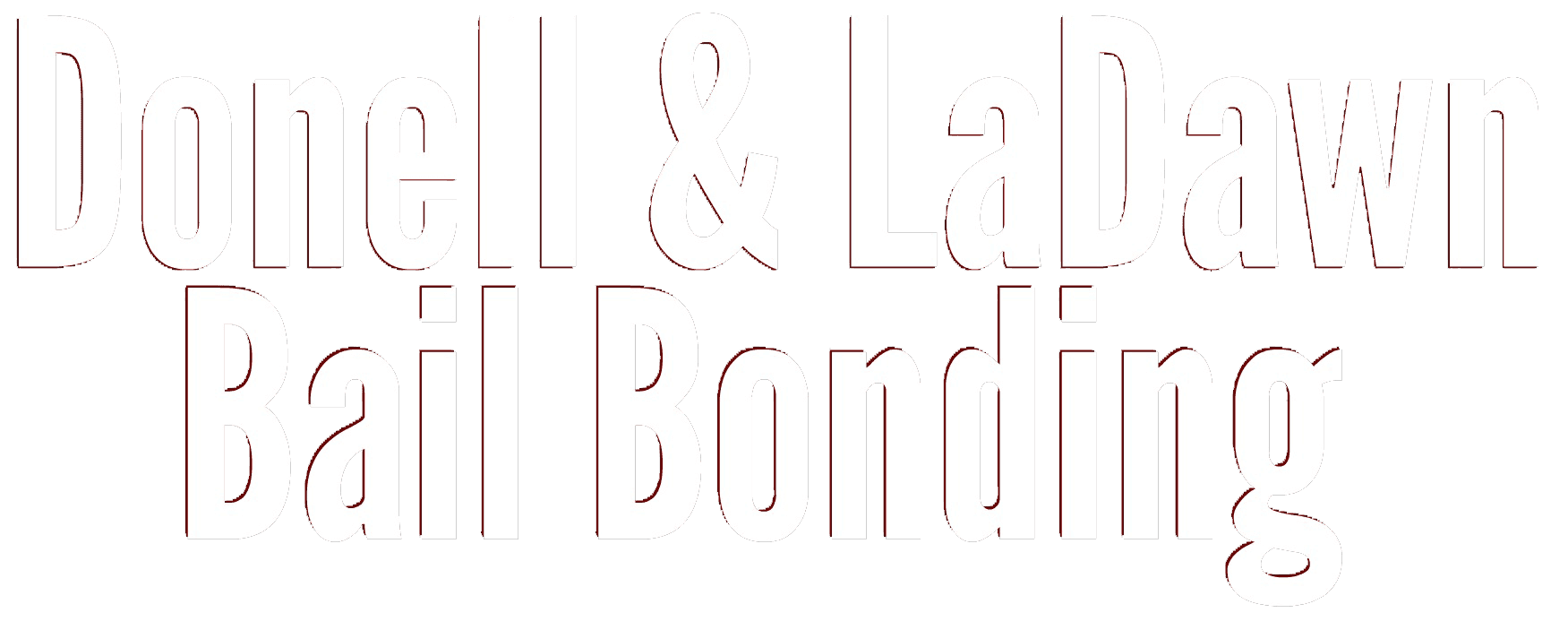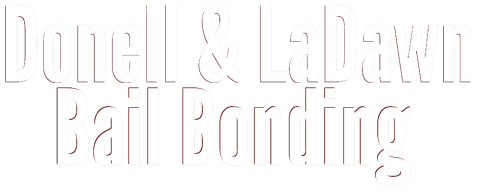FAQ
FAQ Bail Bonding Questions
What is a bail bond?
A Bail Bond is an insurance policy that gives the defendant freedom while promising that the defendant will appear at their scheduled court hearings until the final disposition of their case.
Is there a difference between a bail and a bond?
When the defendant is initially arraigned the judge will typically set a bail and a bond. These amounts can be different and are based on a variety of factors.
Bail is paid directly to the courts to ensure the defendant's release. In many cases a portion or all of this money can be returned but only once the entire legal process is over and may be used to cover any fees or other legal costs.
If the defendant fails to appear at their next scheduled court appearance, the court can seize the entire bail and it is unlikely any portion of it will be returned. So not only will the defendant have a new warrant out for them but whoever put up the money for the bond loses the money they put up in good faith.
A Bond (or to bond someone out) is done through a licensed bondsman such as Donell & LaDawn Bail Bonding in which case we only require a percentage of the bond amount in order to post the bond. The defendant (or their family) can pay the full amount of the bond to the court or use a bondsman who usually asks for a percentage of the bond amount. So if you had a bond amount of $1,000.00 and a bondsman required 10% up front you would pay the bondsman $100.00 as well as the guarantee that the defendant will appear before the court at their next appointed hearing.
What do I need to post bond?
You will need:
Two forms of current and valid Photo ID.
Two current pay stubs or a dated direct deposit statements.
Proof of address - Utility bill or recent tax return.
Depending on the amount of the bond, you will also need to decide how you are going to secure the bond using what is referred to as collateral. This is something of value that is held in lieu of your debt obligation and to ensure payment as well as a good faith gesture that the defendant will appear at their scheduled court appearances until the case is settled.
Types of collateral include:
- CASH – The amount depends on the bail amount. We accept certified checks, cash and money orders.
- PROPERTY – The DEED to a home, along with supporting documents to prove equity and good standing.
- BUSINESS – A business certificate, financial statement and recent bank statement are needed.
- SAVINGS – Passbooks, CD and Stock Options.
What if I post bail for my relative/friend and they don't show up at their next court appearance?
In most cases, when a defendant fails to appear at their next court hearing, a bench warrant is issued for their immediate arrest. If you paid the entire amount to the courts up front, then the court can seize that money to cover the courts cost and time. If a bondsman was used, the courts now consider the bondsman responsible for paying the remaining amount of the bond total. The bondsman will try to reach out to the defendant and will also be contacting the person or persons who signed for the bond and family and friends. In some cases, bondsman may also employ bounty hunters to apprehend the defendant and remand them to the courts so they are no longer financially responsible for the entire bond amount.
A trustworthy bondsman is a great friend and resource!
The court case is over so how do I get my collateral back?
Once a case is completed you will need to get a certificate of disposition. Bring that certificate to us and we will work with you to get your collateral back into the proper hands. We will only release collateral to the person who pledged it and they will need to show valid photo identification.
Ask A Question
Thank you for contacting us.
We will get back to you as soon as possible.
Oops, there was an error sending your message.
Please try again later.
Service Area
Donell & LaDawn Bail Bonding is based in Conway, SC and serves the following areas: Andrews, Atlantic Beach, Aynor, Conway, Floyds, Galivants Ferry, Garden City, Georgetown, Green Sea, Litchfield, Little River, Longs, Murrel's Inlet, Myrtle Beach, North Myrtle Beach, Pawley's Island, Surfside Beach and Wampee.
All Rights Reserved | Website Design by Data Publishing Corp | Copyright
© 2024

